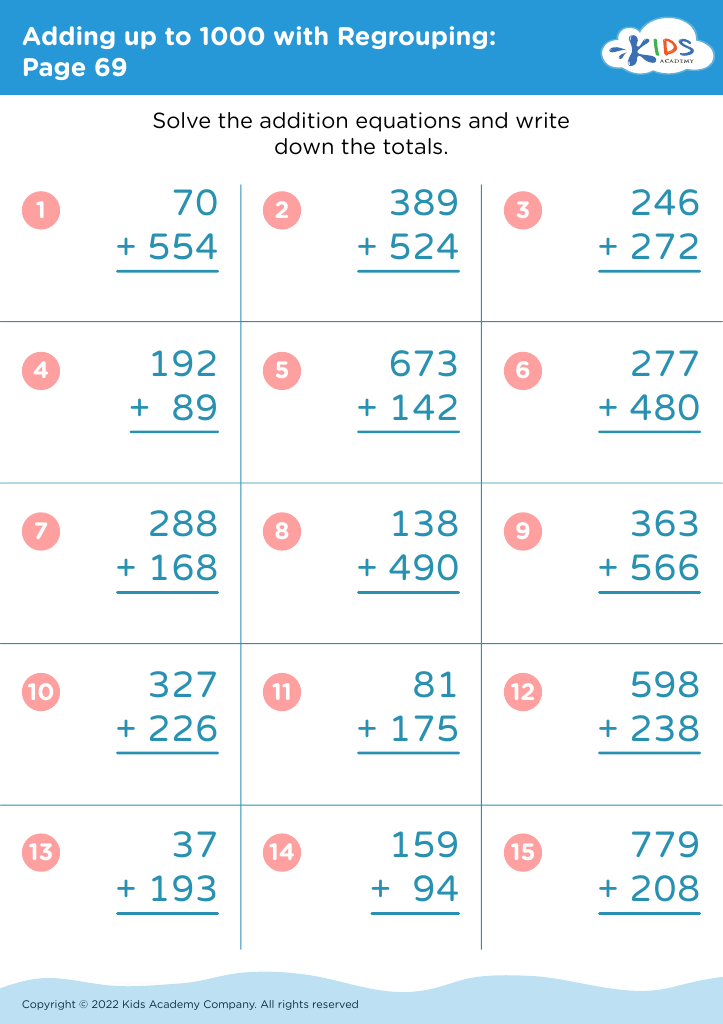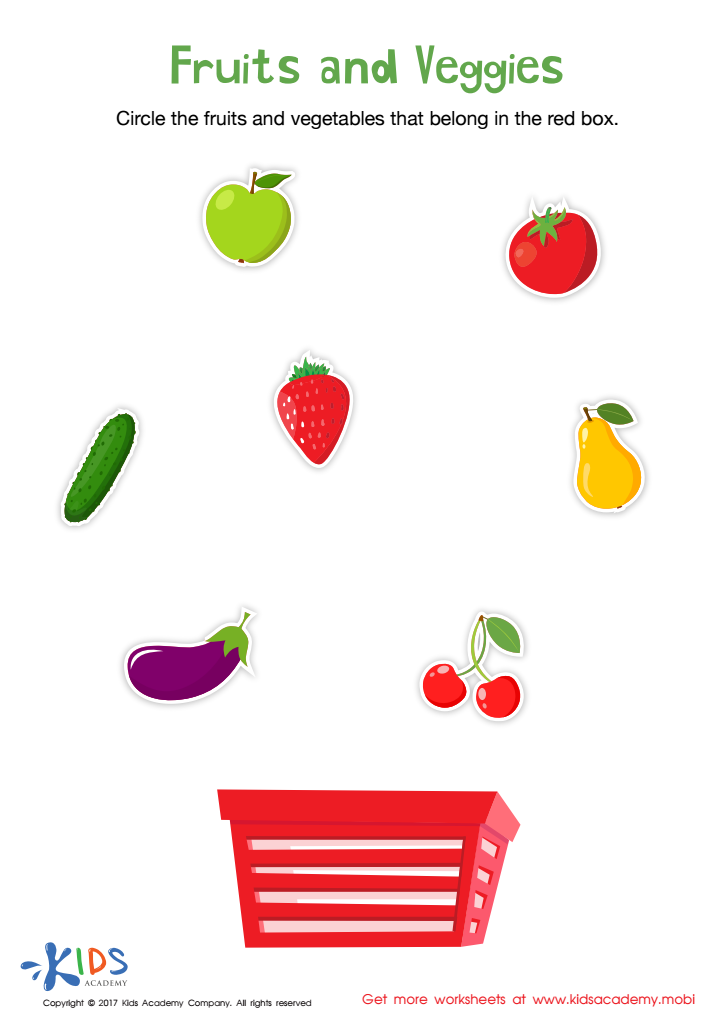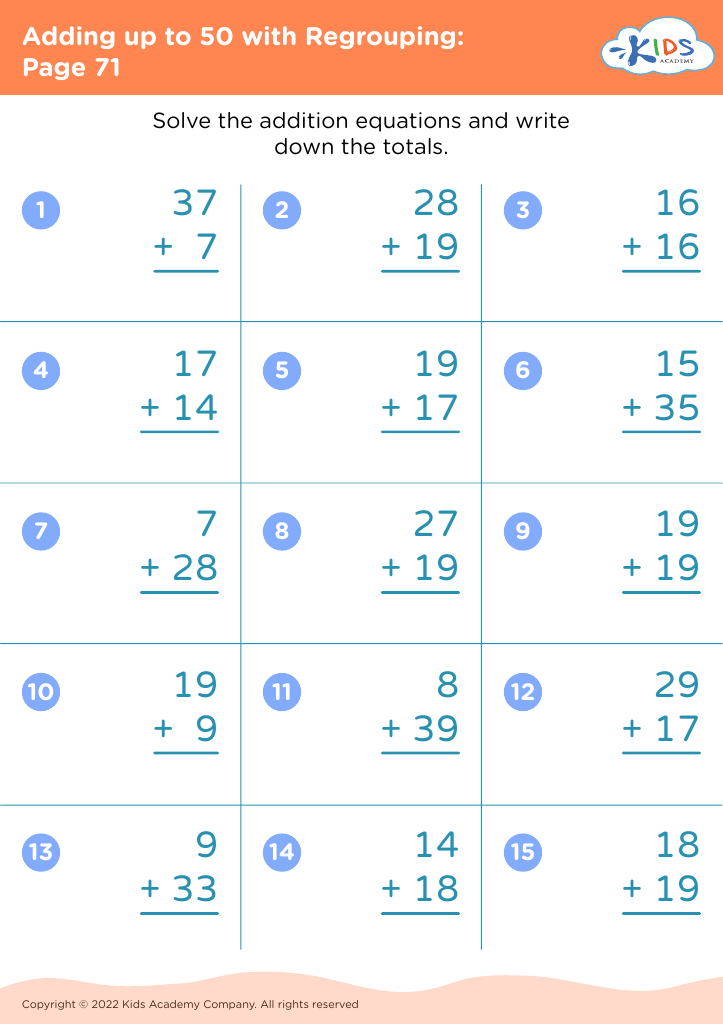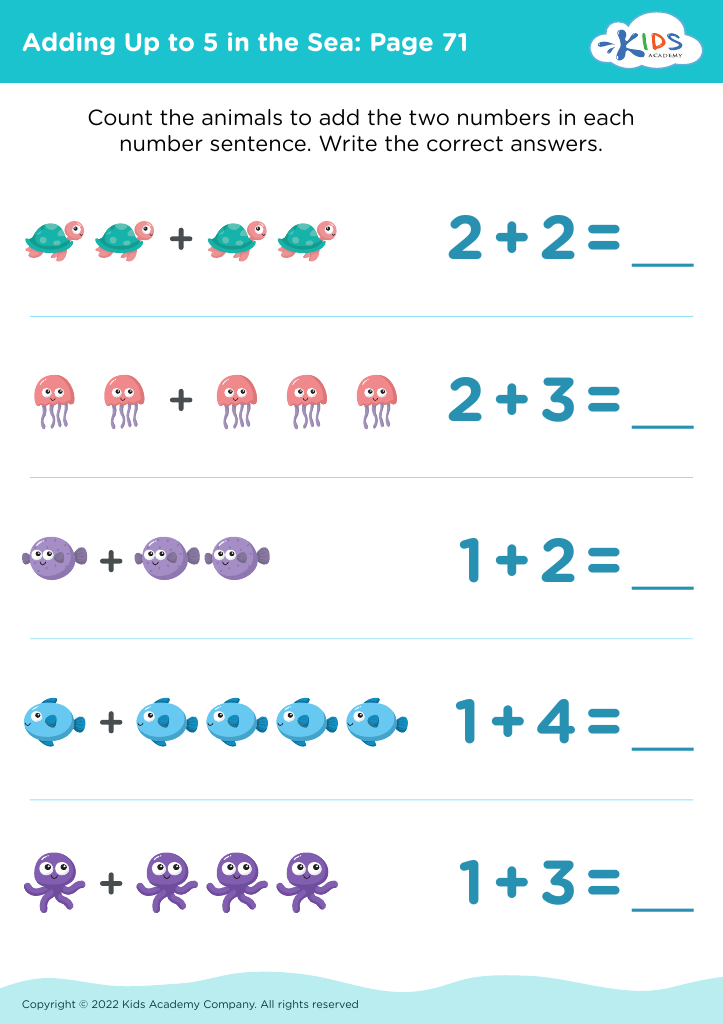Visual discrimination Math Worksheets for Ages 3-7
21 filtered results
-
From - To
Enhance your child's math skills with our Visual Discrimination Math Worksheets, specially designed for ages 3-7. These engaging worksheets help young learners develop crucial visual discrimination abilities, perfect for identifying similarities and differences in shapes, numbers, and patterns. Our fun, interactive exercises keep children motivated while reinforcing foundational math concepts. Ideal for at-home learning or classroom use, these worksheets encourage critical thinking and problem-solving skills, laying a solid groundwork for future academic success. Explore our vibrant collection of visual discrimination activities and watch your little ones thrive in a supportive educational environment! Check it out today!


Sort and Count to the Moon Worksheet
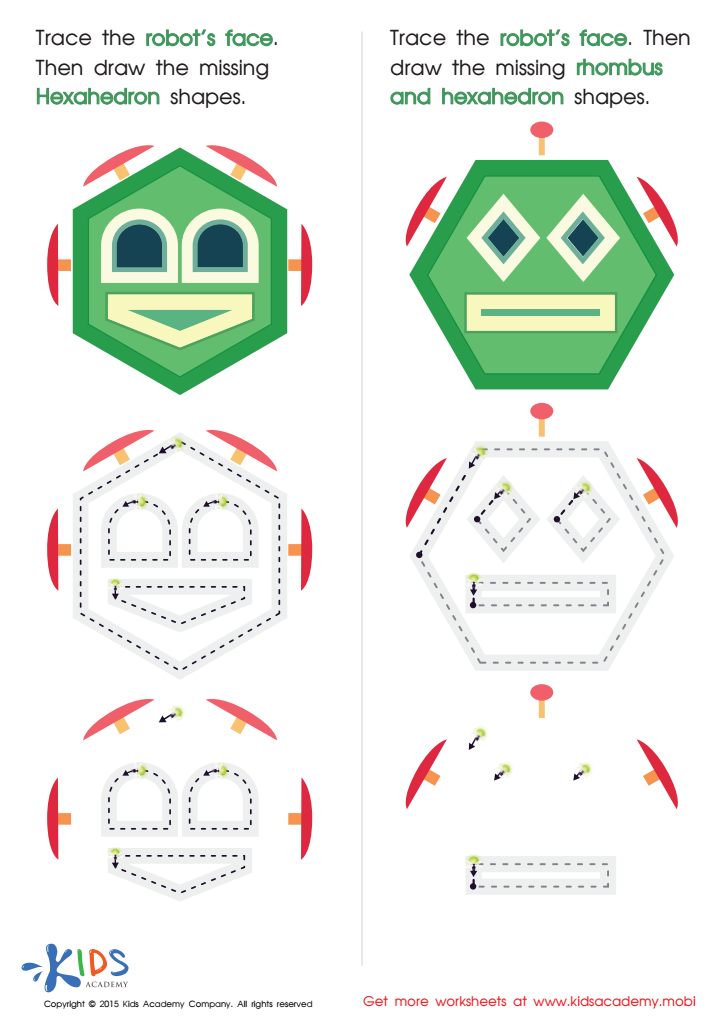

Practice Drawing Hexahedrons And a Rhombus Worksheet
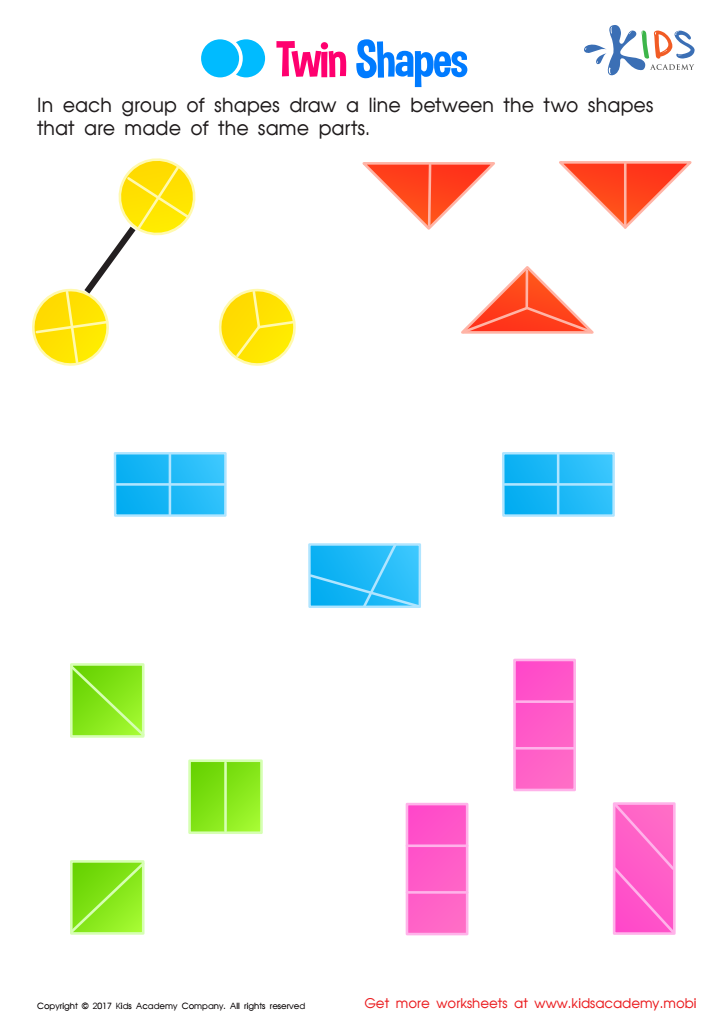

Twin Shapes Worksheet
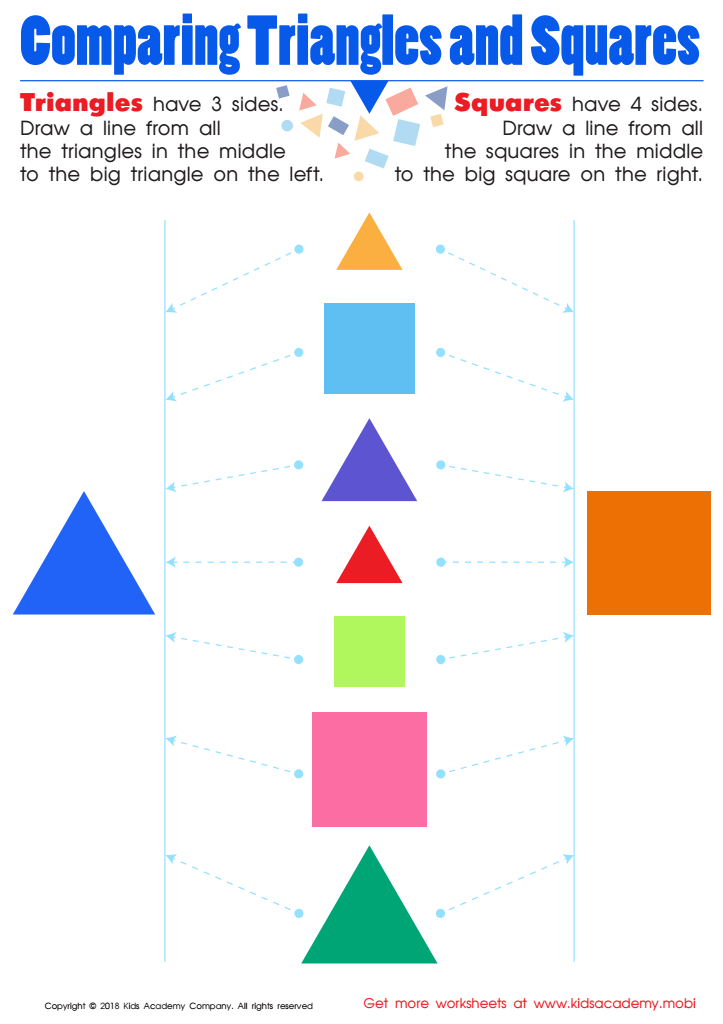

Comparing Triangles Squares Worksheet
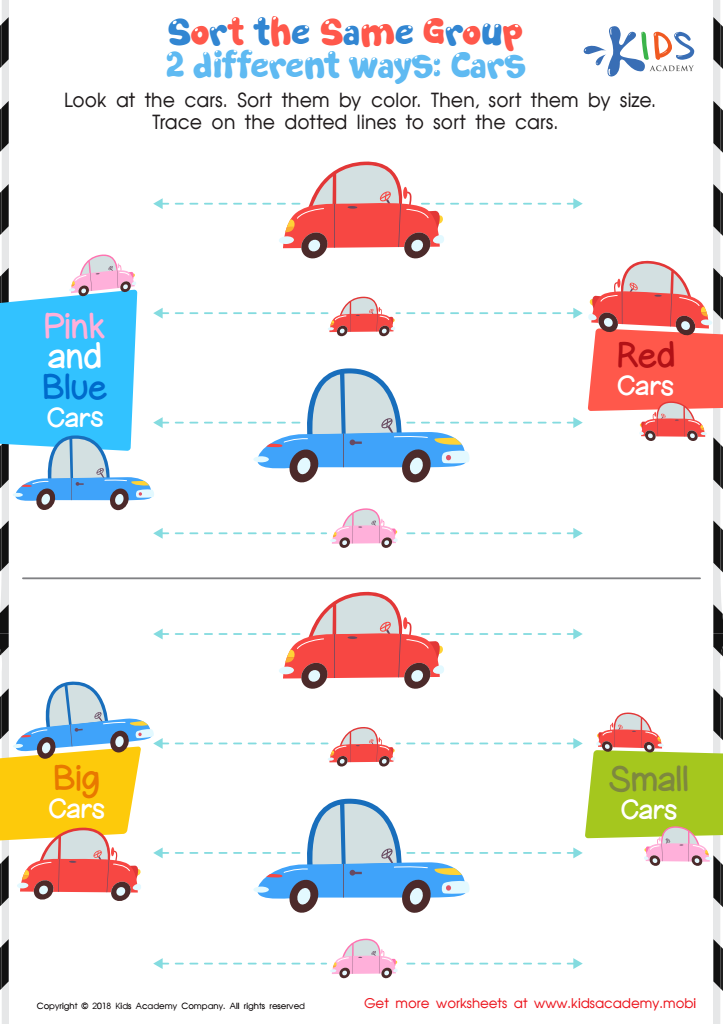

Sort the Same Group 2 Different Ways: Cars Worksheet
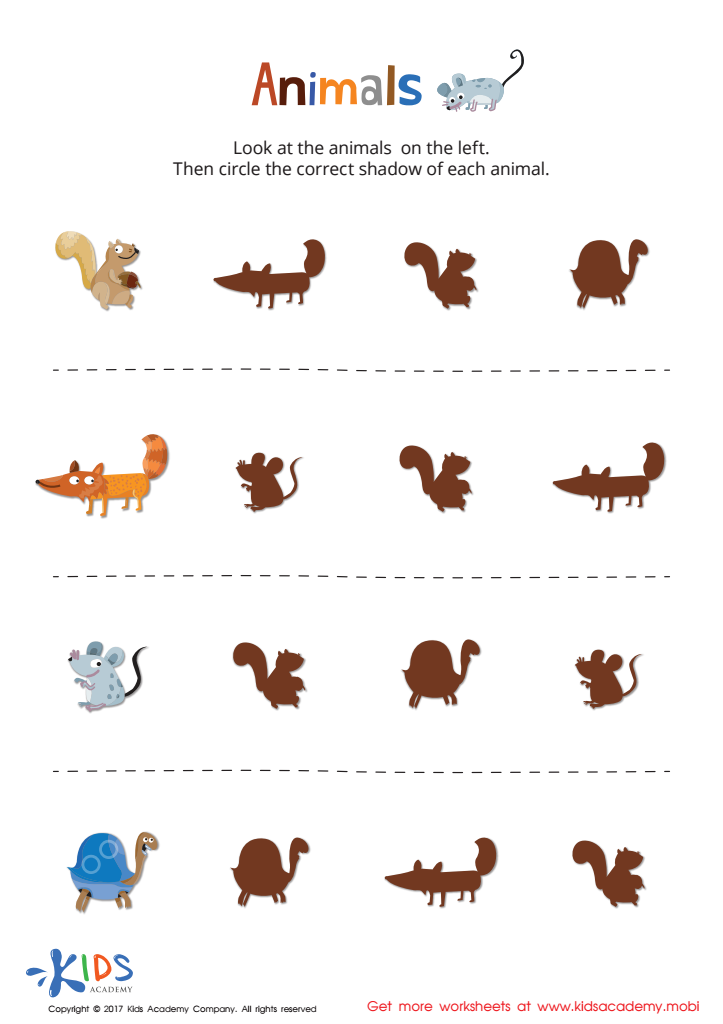

Animal Shadows Sorting Worksheet
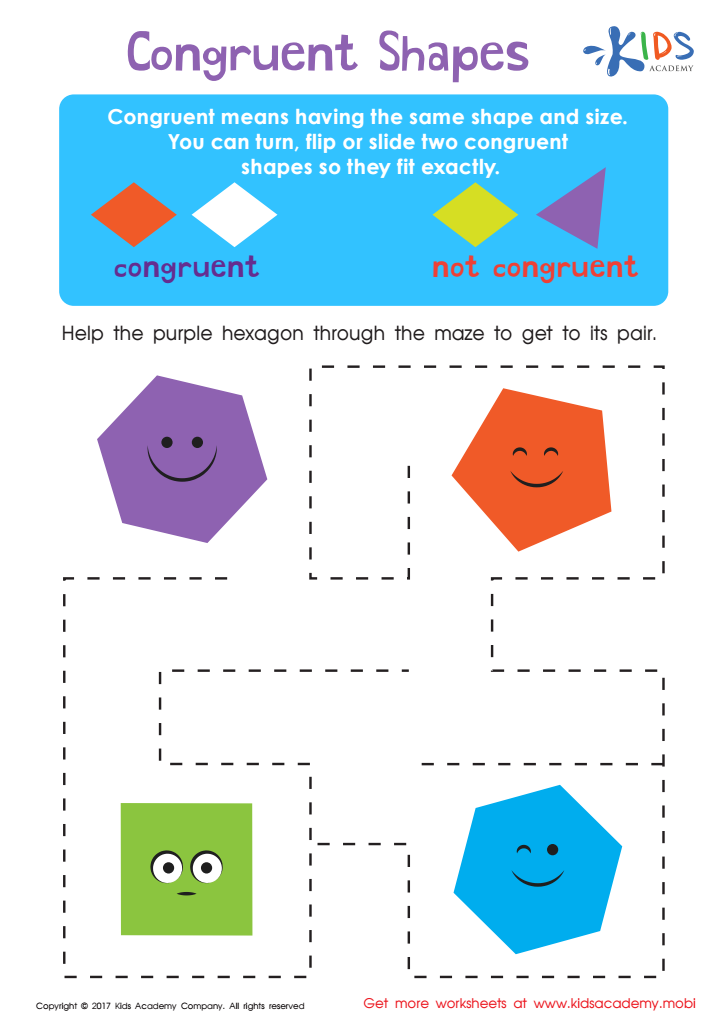

Congruent Shapes Worksheet
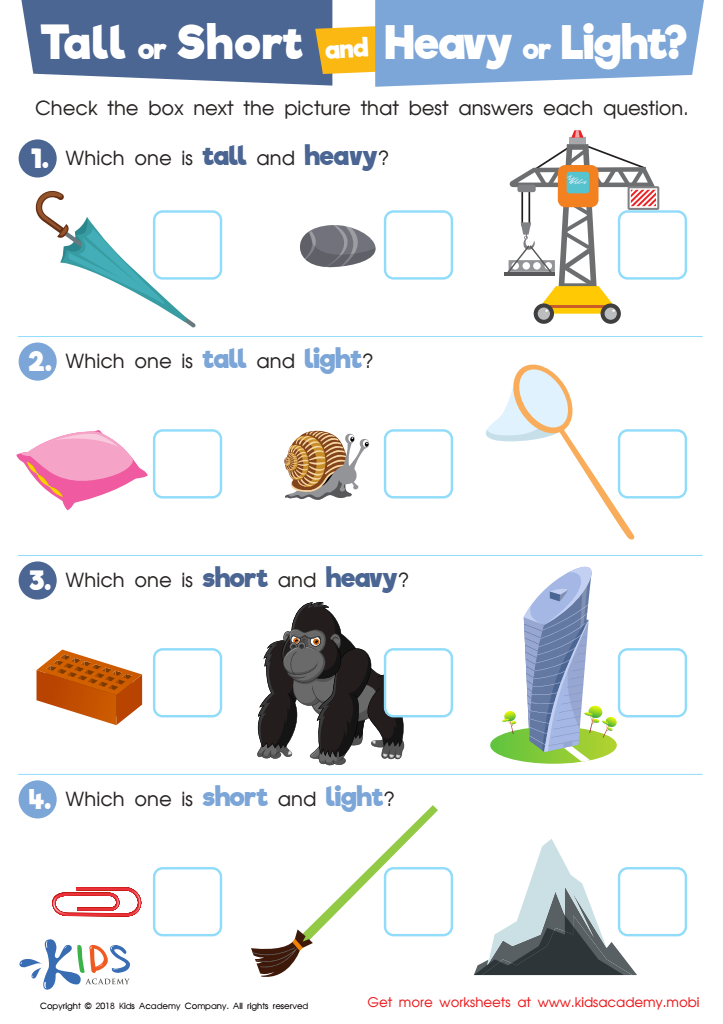

Tall or Short and Heavy or Light? Worksheet
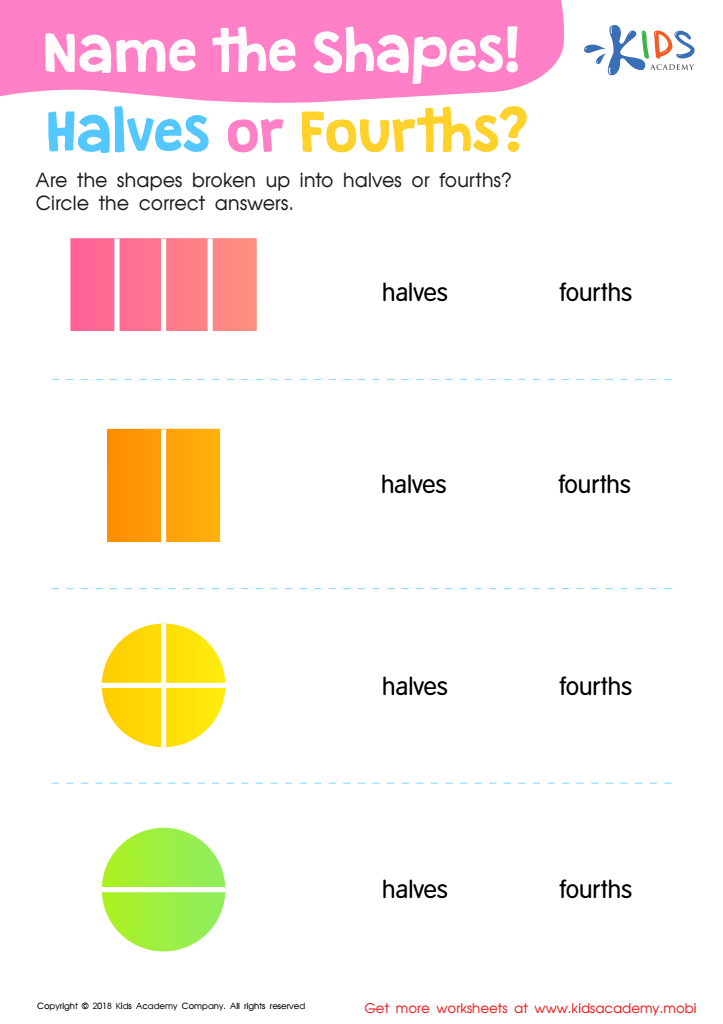

Name the Shapes Halves or Fourths? Worksheet
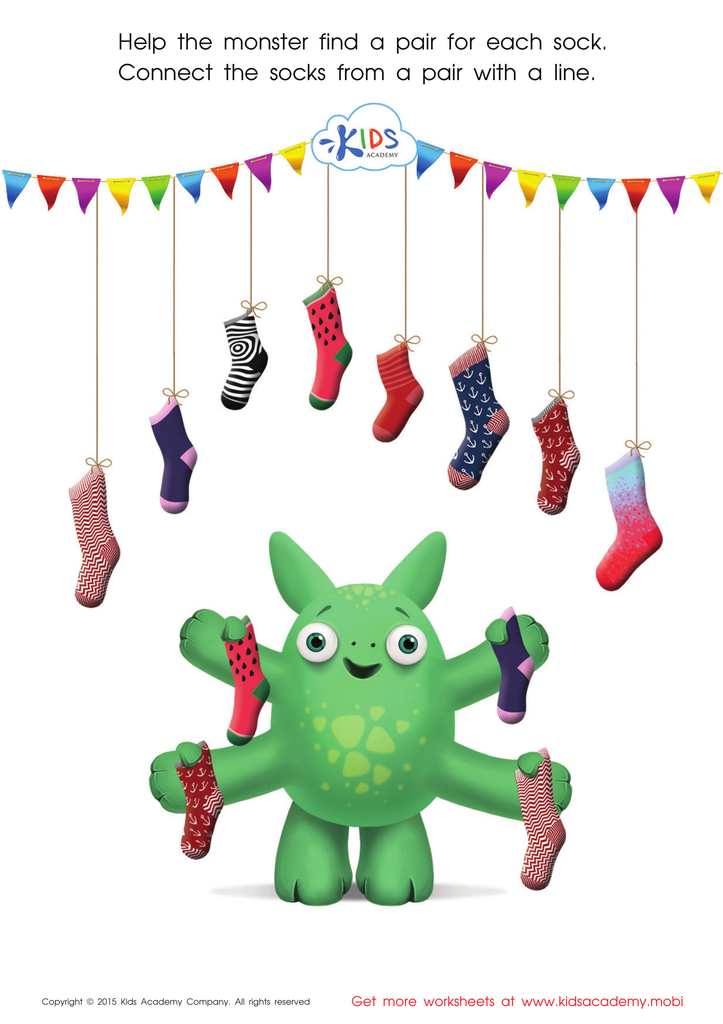

Math Matching Game: Monsterв's Socks Worksheet
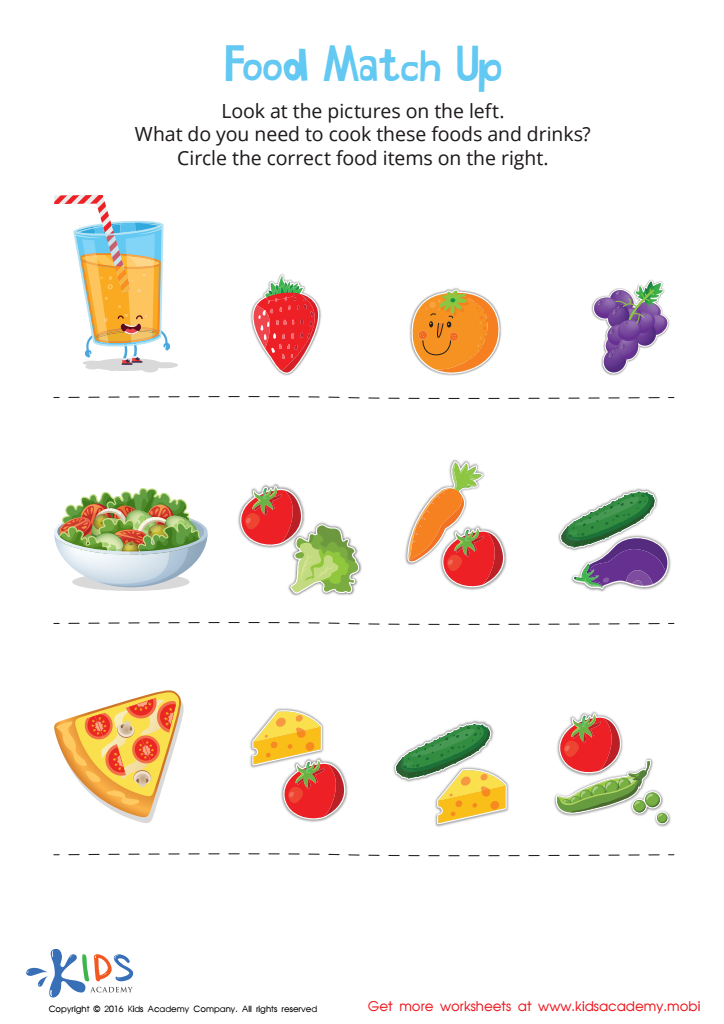

Food Match Up Worksheet
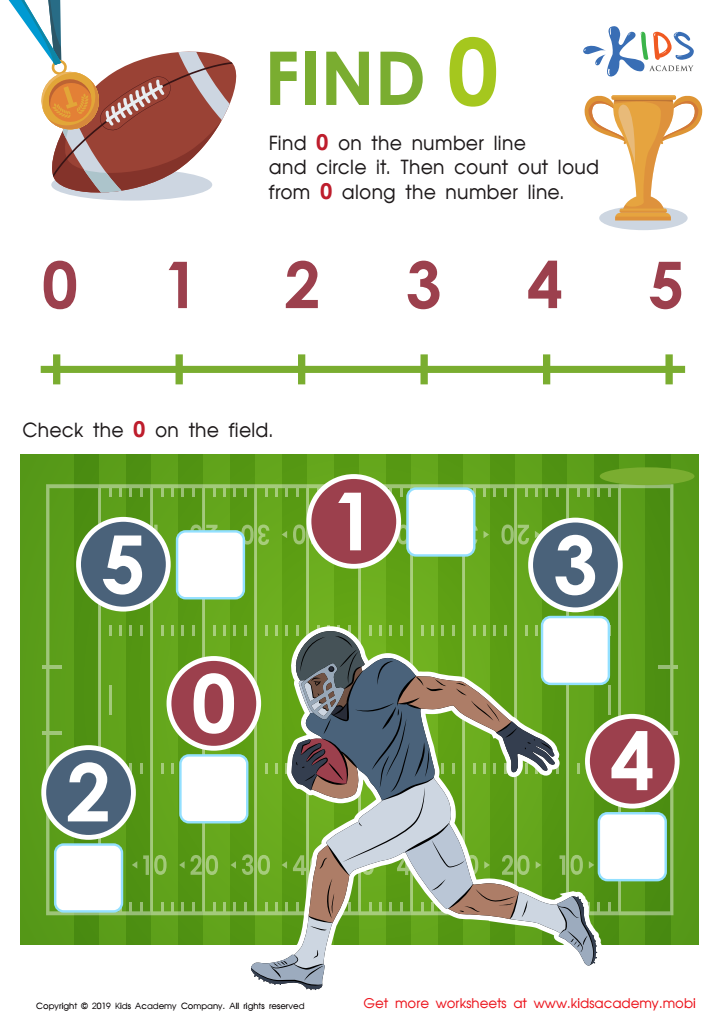

Find 0 Worksheet
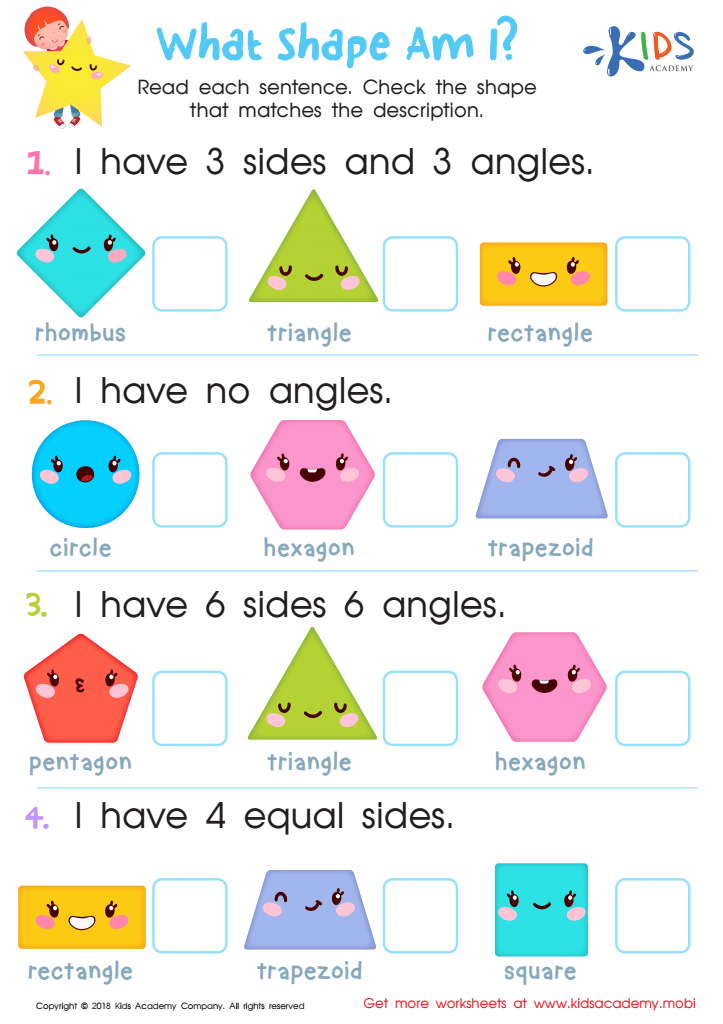

What Shape Am I? Worksheet
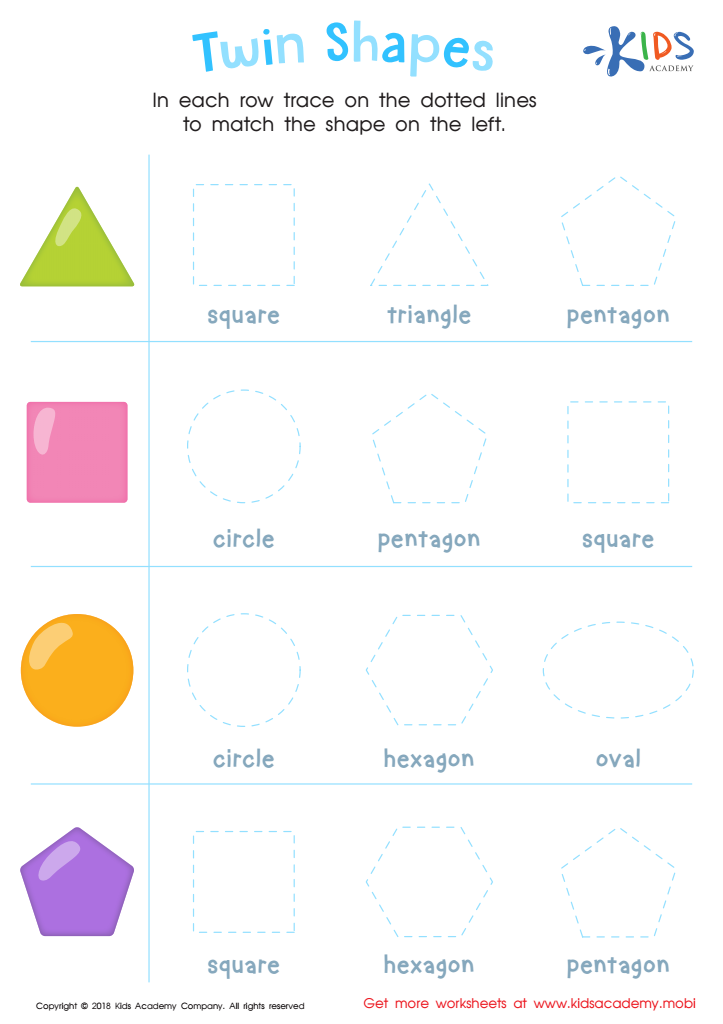

Twin Shapes Dot-to-Dot Worksheet
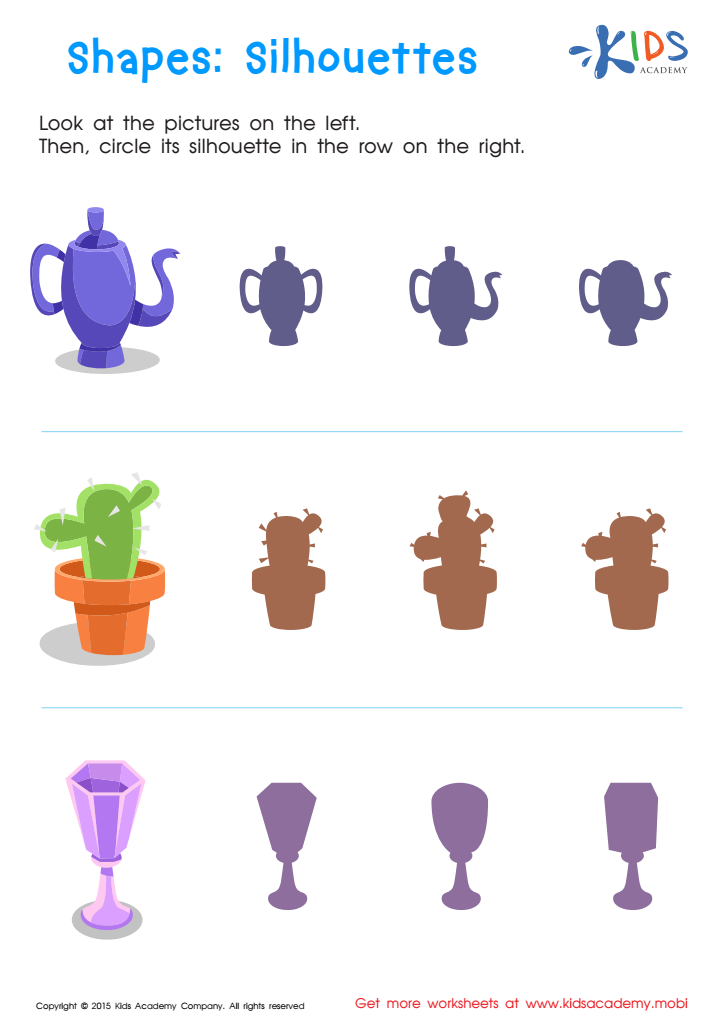

Silhouettes – Shapes Worksheet
Visual discrimination is a crucial skill for children aged 3-7, particularly in the context of mathematics. This ability involves recognizing and interpreting visual differences and similarities in shapes, patterns, numbers, and symbols. For parents and teachers, nurturing visual discrimination skills can significantly impact a child's academic journey and overall cognitive development.
First, strong visual discrimination skills lay the groundwork for essential math concepts such as counting, number recognition, and understanding geometric shapes. As children learn to distinguish between different quantities and configurations, they become better equipped to solve problems and engage in more complex mathematical operations later on.
Moreover, visual discrimination fosters critical thinking and attention to detail, which are valuable skills across all subjects. When children can quickly identify variations in visual stimuli, they become more adept at analyzing situations and drawing conclusions.
Encouraging activities that strengthen visual discrimination—like sorting games, puzzles, and pattern recognition—can be both engaging and educational. This foundation will not only enhance math fluency but also build confidence in young learners. By prioritizing these skills, parents and teachers can help children develop a love for learning and a strong sense of accomplishment as they master mathematical concepts.
 Assign to My Students
Assign to My Students



